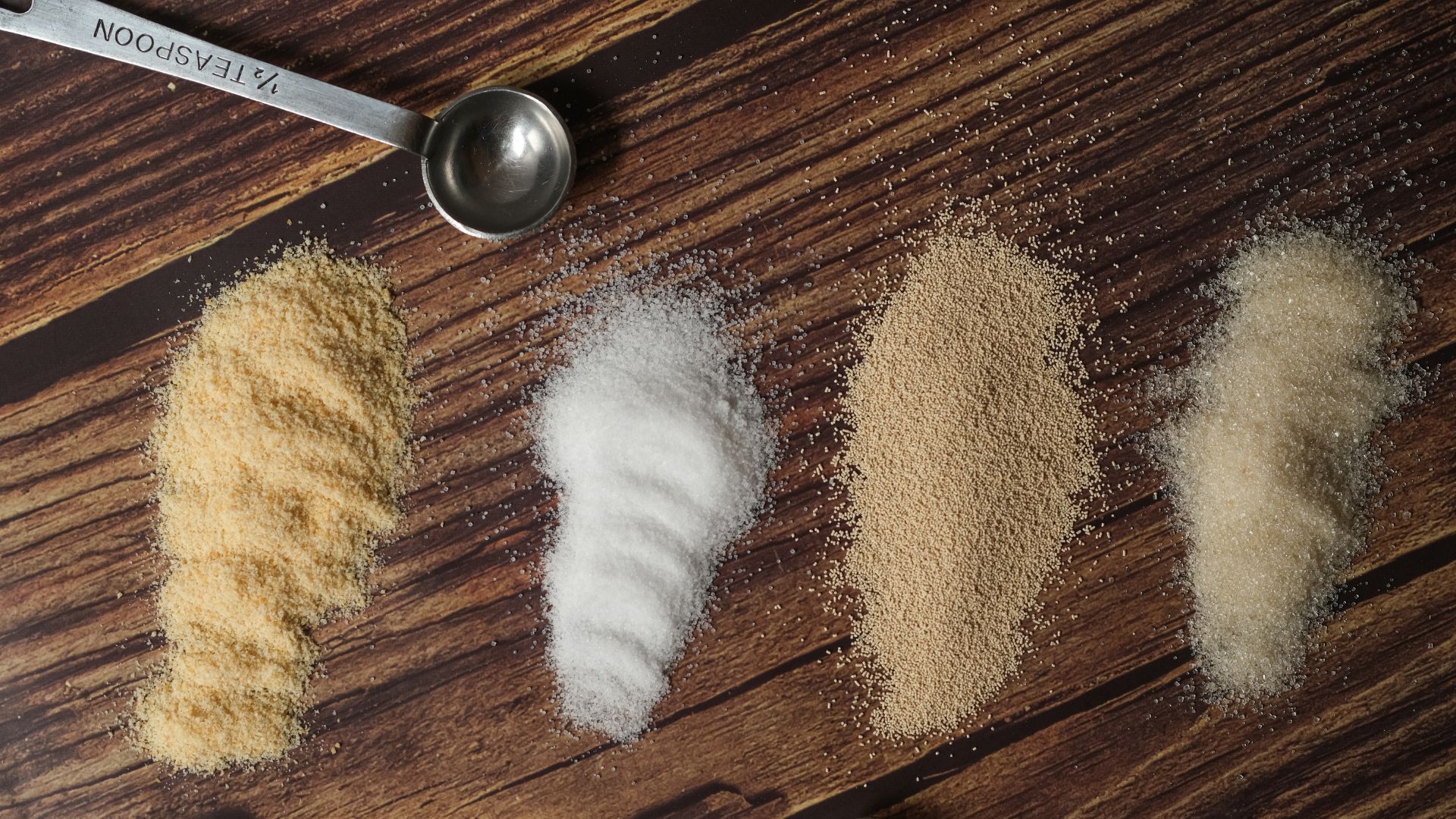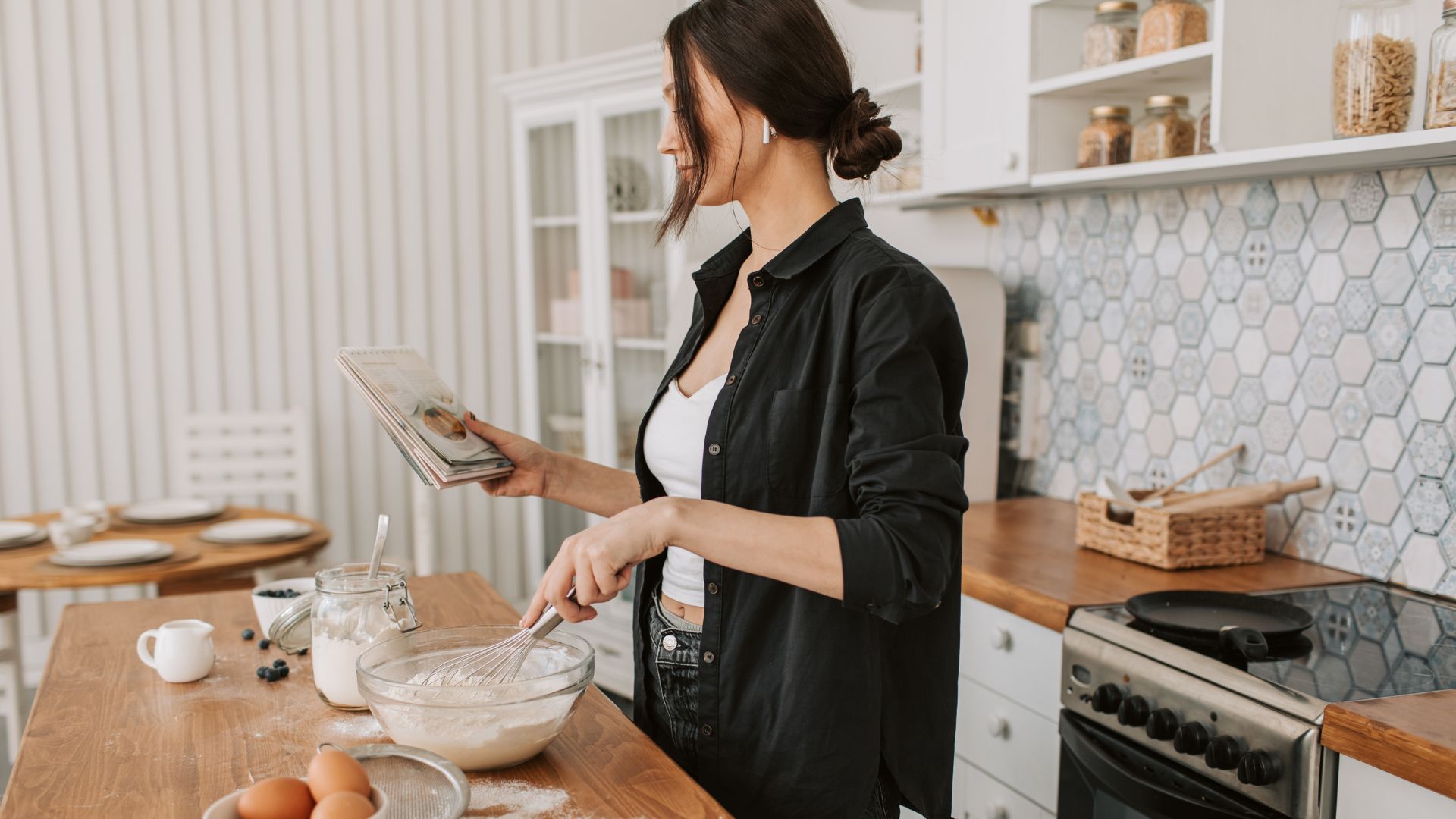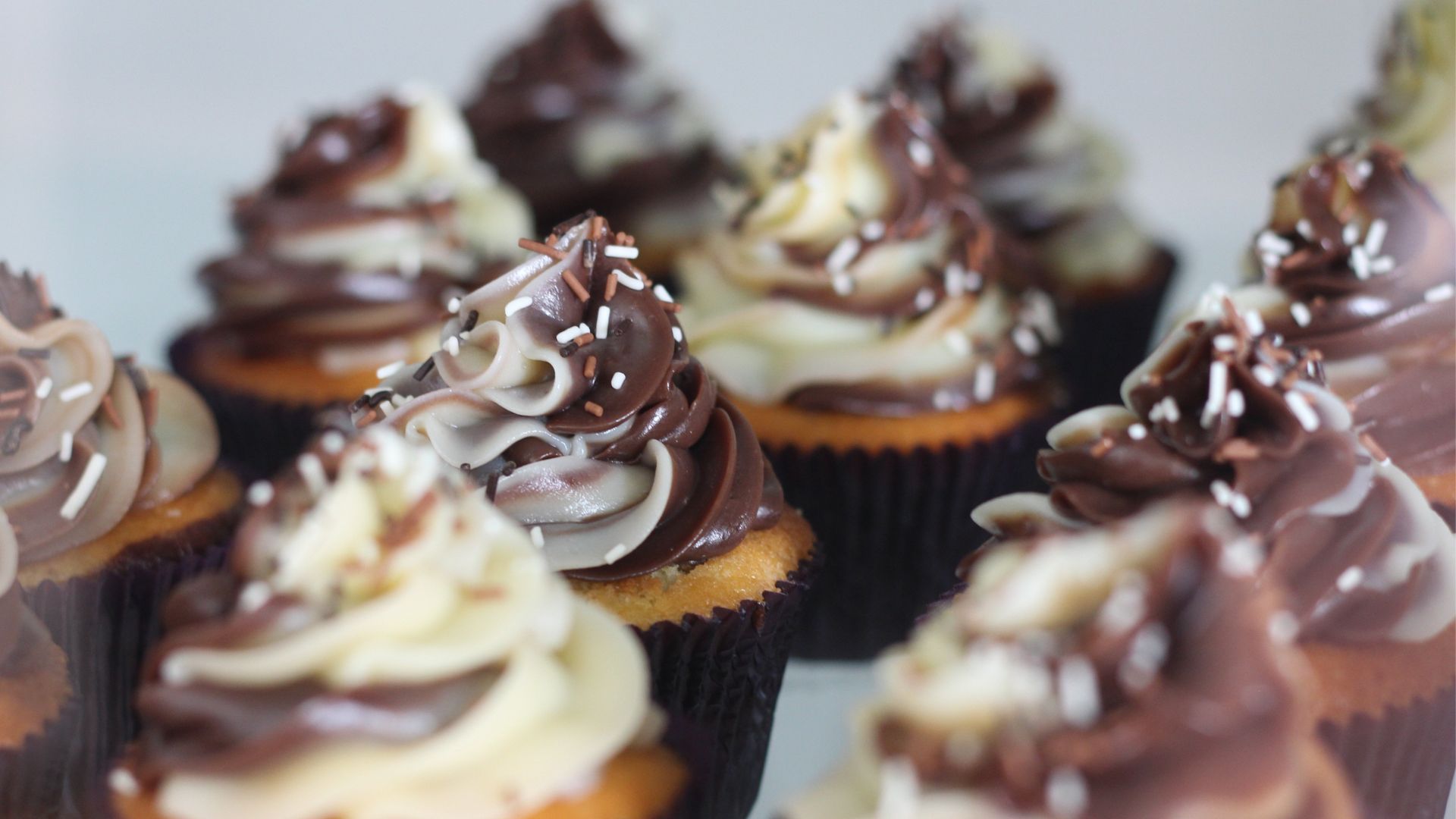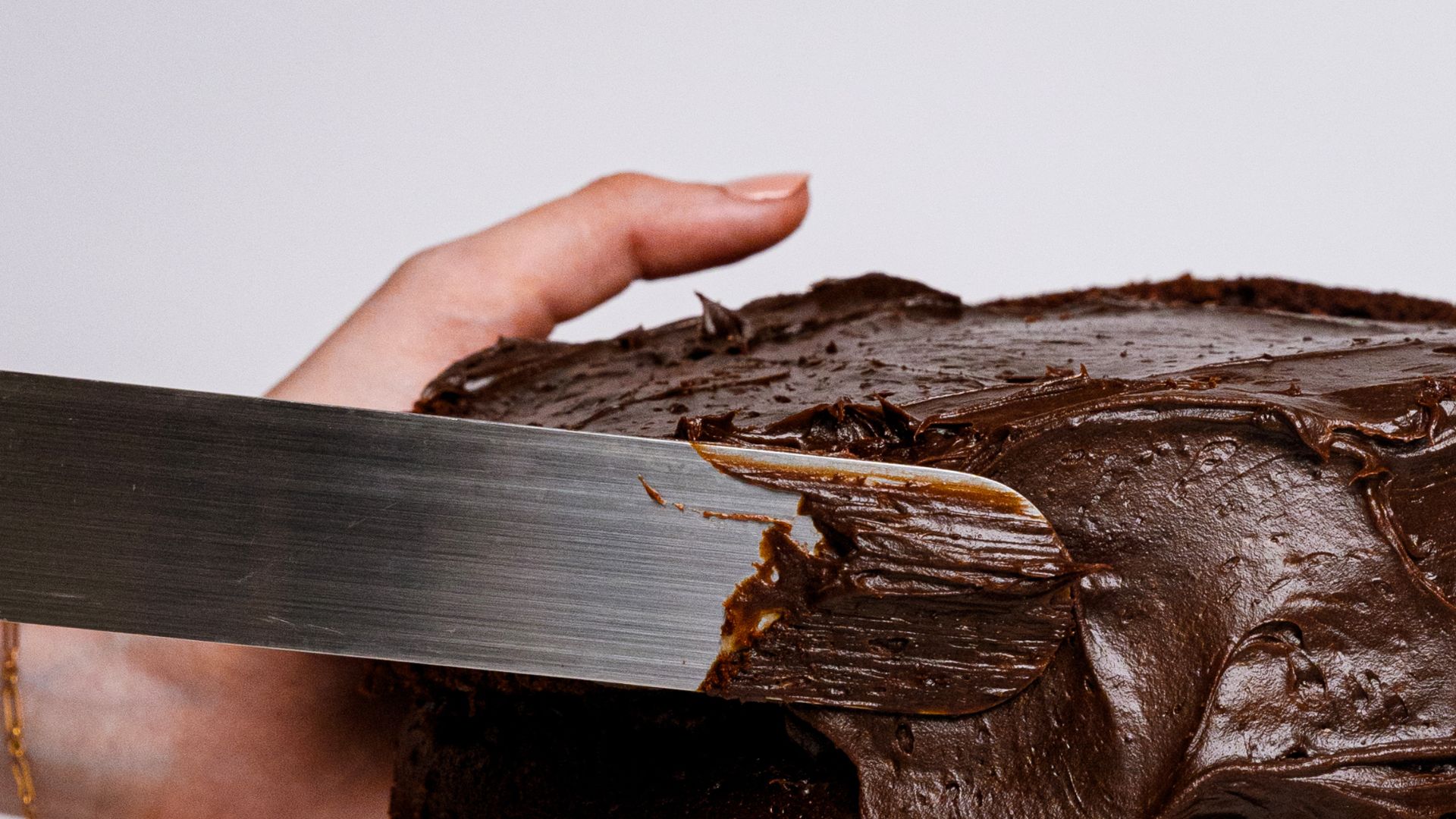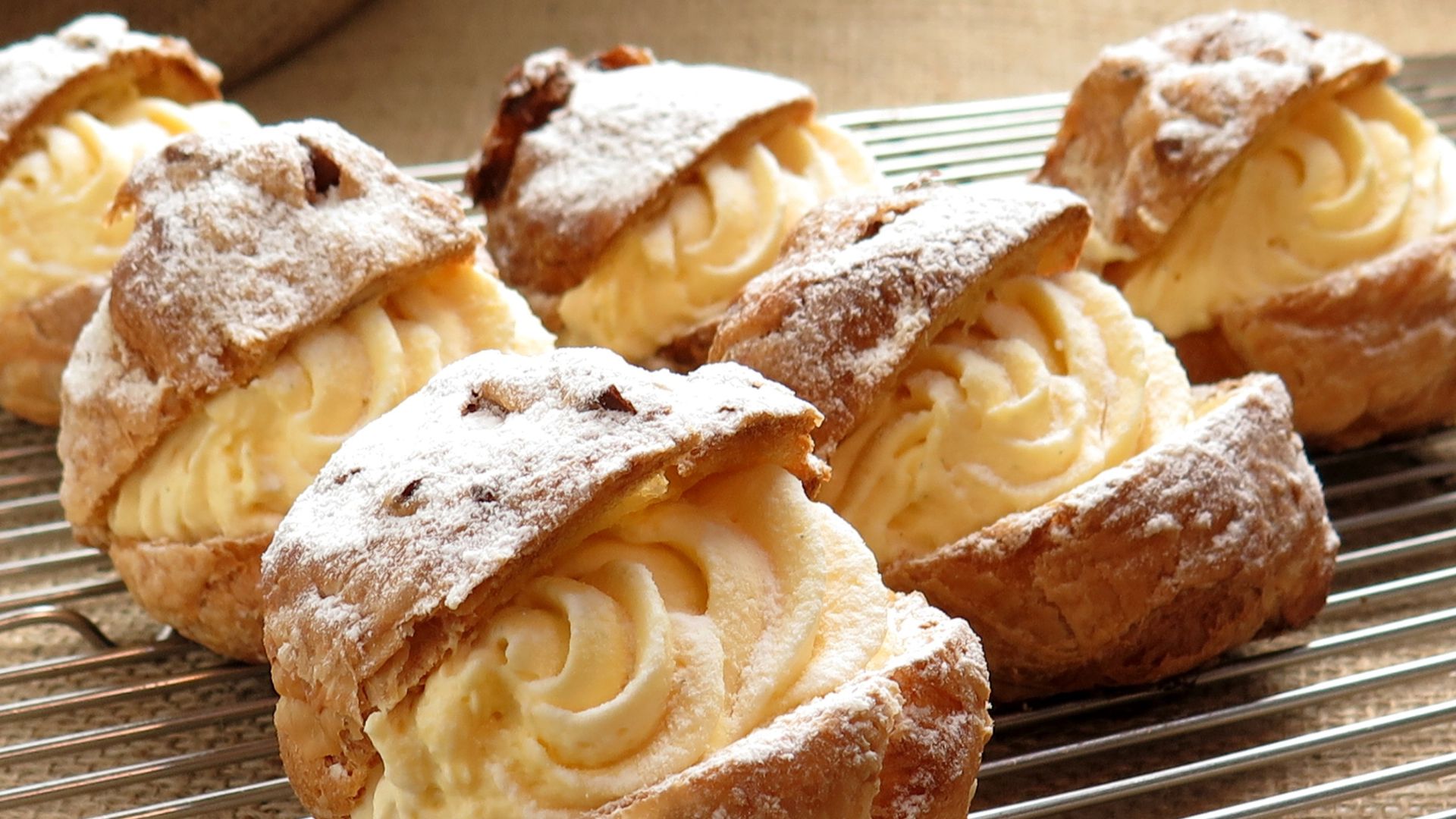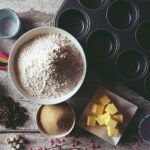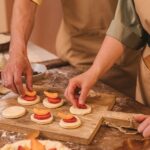Baking is an art that requires precision, patience, and technique. Whether you’re a beginner or an experienced home baker, learning from the experts can elevate your baking game to a whole new level. Professional pastry chefs have honed their skills through years of practice, and they know the tricks that turn a good dessert into a great one. By adopting some of their tips and techniques, you can master the basics of perfect dough, crusts, batters, and even achieve those flawless decorations you’ve always admired.
In this article, we’ll dive into the expert advice from pastry chefs on creating perfect bakes, mastering decorating techniques, and working efficiently in the kitchen:
- Pastry chef insights: Achieving perfect dough, crusts, and batters
- Mastering decorating: Piping, glazing, and more
- Efficiency in the kitchen
- Technique, tools, ingredients: The secrets to awesome pastries
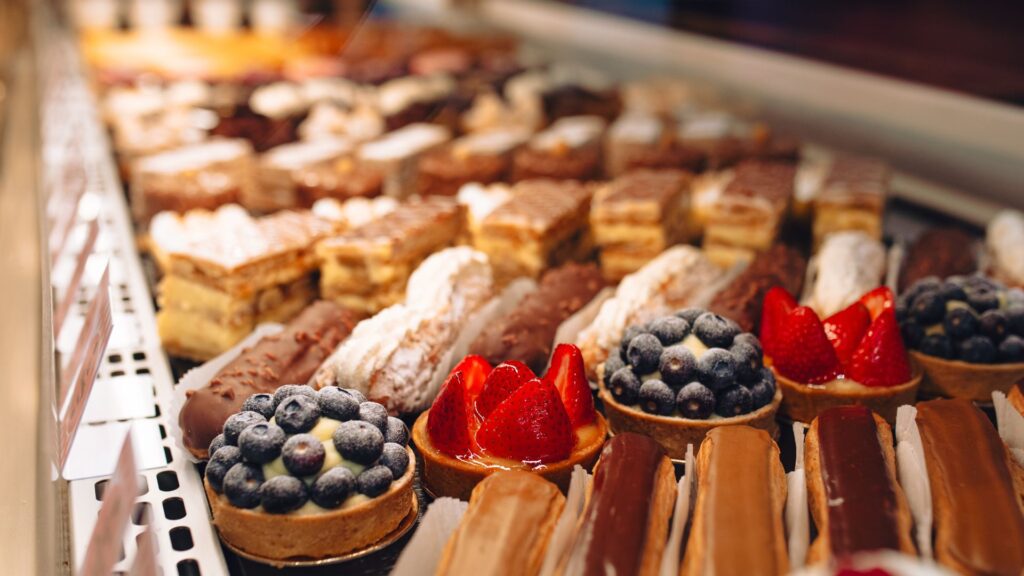
Pastry chef insights: Achieving perfect dough, crusts, and batters
The foundation of many baked goods, from croissants to tarts, is a well-prepared dough or batter. Achieving the perfect consistency, texture, and flavour requires a combination of the right ingredients, technique, and attention to detail. Here are some expert insights on how to create the perfect dough, crust, and batter:
Use Cold Ingredients for Dough and Crusts:
One of the secrets to a flaky, tender pastry is using cold ingredients. Pastry chefs often stress the importance of keeping butter, eggs, and even flour chilled when making dough. The cold fat in the dough creates pockets of air, which then expand during baking, creating that sought-after flaky texture. When making pie or tart crusts, use chilled butter and ice-cold water. Work quickly to avoid warming the dough with your hands. If needed, chill the dough before rolling it out to keep the fat solid.
Don’t overwork the dough:
Overworking dough can result in tough, dense baked goods, especially with pastries and pie crusts. When mixing your dough, work it just enough to bring it together. Professional pastry chefs typically avoid over-mixing or over-kneading dough, as it can activate the gluten and make the pastry tough. Aim for a smooth but slightly crumbly dough that holds together when pressed.
Resting the dough:
Resting dough after mixing is crucial, especially when making pie crusts or other laminated doughs like croissants. Resting the dough allows the gluten to relax, making it easier to roll out and preventing shrinkage when baked. Chill your dough for at least 30 minutes before rolling it out, or longer for more intricate pastry techniques.
Perfect batters:
For cakes, cookies, or other batters, the key is to achieve the right consistency. Pastry chefs recommend using room-temperature ingredients, especially butter and eggs. Cold ingredients can cause the batter to curdle and won’t blend properly. Cream the butter and sugar thoroughly before adding the eggs, and alternate adding dry ingredients and liquids to prevent overmixing. Overmixing batters, particularly for cakes, can lead to a dense, heavy texture instead of a light, fluffy result.
💡Pro Tip for Pastries: To achieve the perfect flaky texture in pastries, always keep your butter cold and work quickly. When making dough, ensure the butter is chilled and cut it into small cubes before incorporating it into the flour. The colder the butter, the flakier the pastry will be, as the fat creates air pockets when baked. Avoid overworking the dough to keep those layers intact.
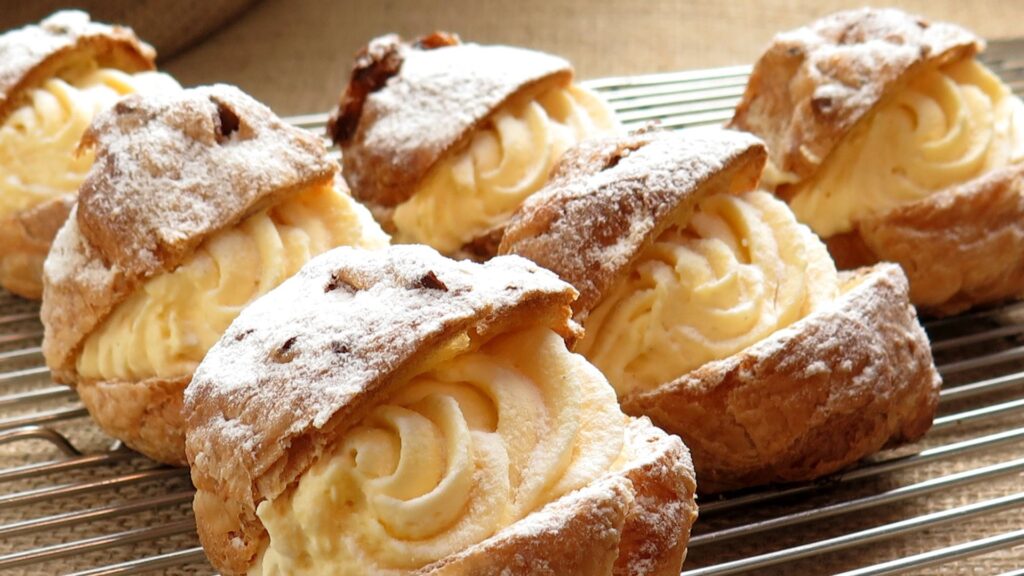
Mastering decorating: Piping, glazing, and more
Pastry chefs are not only skilled at creating perfect dough but also at turning their bakes into works of art. Decorating baked goods takes practice, but with the right techniques and tools, anyone can learn to decorate like a pro.
Piping is one of the most popular ways to decorate cakes, cupcakes, and pastries. The key to perfect piping is consistency in your icing and using the right piping tips. Pastry chefs recommend starting with a smooth, creamy buttercream or royal icing that can hold its shape. Use different piping tips for various effects – a star tip for rosettes or swirls, a round tip for fine lines or writing, and a petal tip for creating flower shapes. Practice your technique by piping onto parchment paper before applying it to your actual baked goods.
A well-applied glaze can elevate the appearance and flavour of your bakes. For cakes, pastries, or doughnuts, a shiny glaze can provide a professional touch. Pastry chefs recommend using simple glazes made with powdered sugar and milk or water, or more complex ones made with fruit purée or chocolate. Apply the glaze while the cake or pastry is still warm to ensure it adheres smoothly. Don’t forget to let the glaze set before serving to prevent it from dripping.
For added flair, pastry chefs often use edible decorations like fondant flowers, edible glitter, or chocolate decorations. To make fondant decorations, simply roll out the fondant, cut into shapes using cookie cutters, and apply to your baked goods. These can be made in advance and stored for later use. Sprinkles, edible glitter, and fresh fruit are also great ways to enhance the look of your cakes or cupcakes with minimal effort.
Efficiency in the kitchen
Professional pastry chefs are experts at working quickly and efficiently. Here are some tips they use to streamline their baking process:
Prep all ingredients before starting:
Professional bakers always prep their ingredients before they begin working. This technique, called “mise en place” (everything in its place), involves measuring out and organising all ingredients ahead of time. Not only does this save time during the baking process, but it also ensures you don’t miss any ingredients or steps while you’re baking.
Batching and freezing:
If you’re baking a lot, batch your ingredients. Pastry chefs often prepare multiple batches of dough or batter at once, then store them in the fridge or freezer until ready to bake. This saves time on busy days and helps with consistency, as you can make a big batch of dough or batter and bake it in stages.
Efficient equipment:
Professional bakers rely on high-quality, efficient tools to speed up their work. A stand mixer can make quick work of mixing batters or doughs, and a dough scraper helps to quickly handle dough without sticking. Invest in good equipment, as it can make the entire baking process smoother and faster.
Tools and ingredients
Bakers know that high-quality ingredients and the right tools are essential for success. Here are some of the key tools and ingredients pastry chefs swear by:
Professional pastry chefs use tools like rolling pins, pastry cutters, offset spatulas, and silicone mats for smooth, precise work. A good kitchen scale is also crucial for accurate measurements, especially when working with dough and batters. High-quality baking pans and baking sheets ensure even heat distribution and a consistent finish.
Pastry chefs are particular about their ingredients, often opting for high-quality butter, premium chocolate, and pure vanilla extract. The quality of your ingredients directly affects the flavour and texture of your baked goods, so it’s worth investing in the best you can afford.
Technique, tools, ingredients: The secrets to awesome pastries
Baking like a professional pastry chef is within reach with the right techniques, tools, and ingredients. Whether you’re mastering the art of perfect dough, piping with precision, or working efficiently in the kitchen, these expert tips will help you improve your baking and create delicious, beautifully decorated treats.
Let’s recap today’s article:
- Use cold ingredients, don’t overwork the dough, and allow it to rest before baking for a tender, flaky result. Mix batters gently to avoid dense textures.
- For flawless piping, use smooth buttercream or royal icing and different piping tips for various designs. Glaze cakes or pastries while warm for a shiny finish, and add edible decorations like fondant or sprinkles for extra flair.
- Prepare all ingredients before starting (“mise en place”), batch your dough or batter, and use high-quality, efficient tools like stand mixers and dough scrapers to save time.
- Invest in quality baking tools such as rolling pins, offset spatulas, silicone mats, and a kitchen scale for precise measurements. High-quality baking pans ensure even results.
- Professional bakers use premium ingredients like high-quality butter, pure vanilla extract, and premium chocolate, as the quality of these ingredients directly impacts flavour and texture.
With a little practice, you’ll be able to bake with confidence, creating beautiful pastries and desserts that rival those made by professionals. Happy baking!


